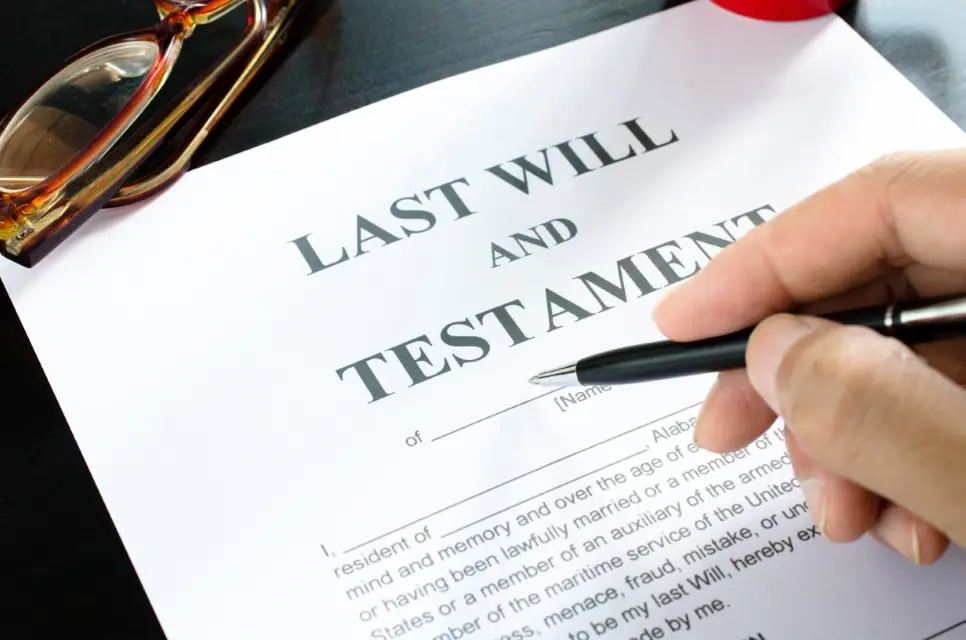In the realm of estate planning, a “Power of Attorney” is a term that often surfaces. Understanding its significance can be the keystone to securing your financial and healthcare decisions when you are unable to do so yourself. In this article, we will delve into the world of power of attorney in estate planning, demystifying its purpose, types, and implications.
The Basics of Power of Attorney
A Power of Attorney (POA) is a legal document that grants an individual or entity the authority to act on your behalf in specific matters, such as financial and healthcare decisions. It is a vital instrument in estate planning that ensures your wishes are carried out, even when you are unable to make decisions independently.
Types of Power of Attorney
- Financial Power of AttorneyA Financial Power of Attorney authorizes an agent, often referred to as an attorney-in-fact, to handle your financial affairs. This includes managing bank accounts, investments, paying bills, and even buying or selling assets on your behalf. It can be a durable POA, which remains valid even if you become incapacitated, or a springing POA, which only activates under certain conditions.
- Healthcare Power of AttorneyHealthcare Power of Attorney, also known as a Medical Power of Attorney, designates an agent to make healthcare decisions for you if you are unable to do so. This includes choices about medical treatments, surgeries, and end-of-life care. This document ensures that your healthcare preferences are respected.
- Limited Power of AttorneyA Limited Power of Attorney grants specific, limited powers to the agent. It is often used for a short-term purpose, like a real estate transaction. Once the specified task is complete, the POA becomes void.
Do I need a lawyer to create a Power of Attorney?
While it is not mandatory to hire an attorney to create a Power of Attorney, it is highly recommended. Legal experts can ensure the document complies with state laws and contains all necessary elements to protect your interests.
Can I have multiple Power of Attorneys for different matters?
Yes, you can designate multiple agents for different areas, such as one for financial decisions and another for healthcare. Ensure that their roles and responsibilities are clearly defined to avoid conflicts.
When does a Power of Attorney become effective?
It depends on the type of Power of Attorney. A durable POA for finances typically becomes effective immediately, whereas a springing POA only activates under specific circumstances, usually a medical professional’s certification of incapacity.
Can I change or revoke a Power of Attorney?
Yes, you can change or revoke a Power of Attorney as long as you are mentally competent to do so. It’s essential to follow legal procedures and inform all relevant parties when making changes.
What happens if I don’t have a Power of Attorney, and I become incapacitated?
Without a Power of Attorney in place, decisions about your finances and healthcare may be determined by the court, often through a conservatorship or guardianship process. This can be time-consuming, costly, and may not align with your preferences.
Conclusion
In the intricate world of estate planning, a Power of Attorney is a cornerstone document that empowers individuals to safeguard their interests, even in times of incapacity. By designating trusted agents, one can ensure that financial matters are managed, and healthcare decisions are made in line with their wishes. Understanding the types of Power of Attorney and seeking professional legal counsel when creating these documents is crucial to a well-rounded estate plan. Whether it’s a financial, healthcare, or limited Power of Attorney, these instruments play a pivotal role in preserving your autonomy and securing your future. So, when considering your estate planning, remember the power that lies within the Power of Attorney.







